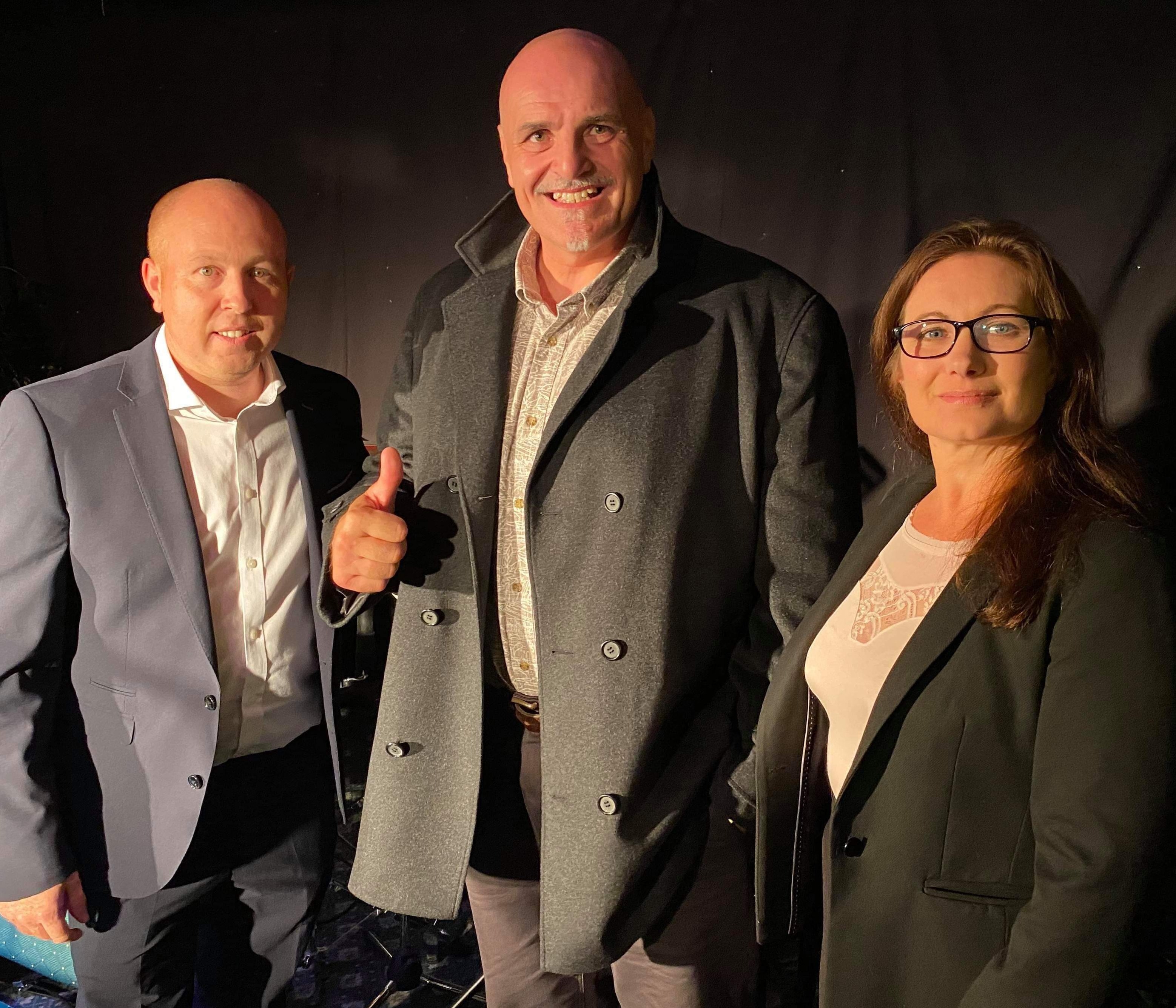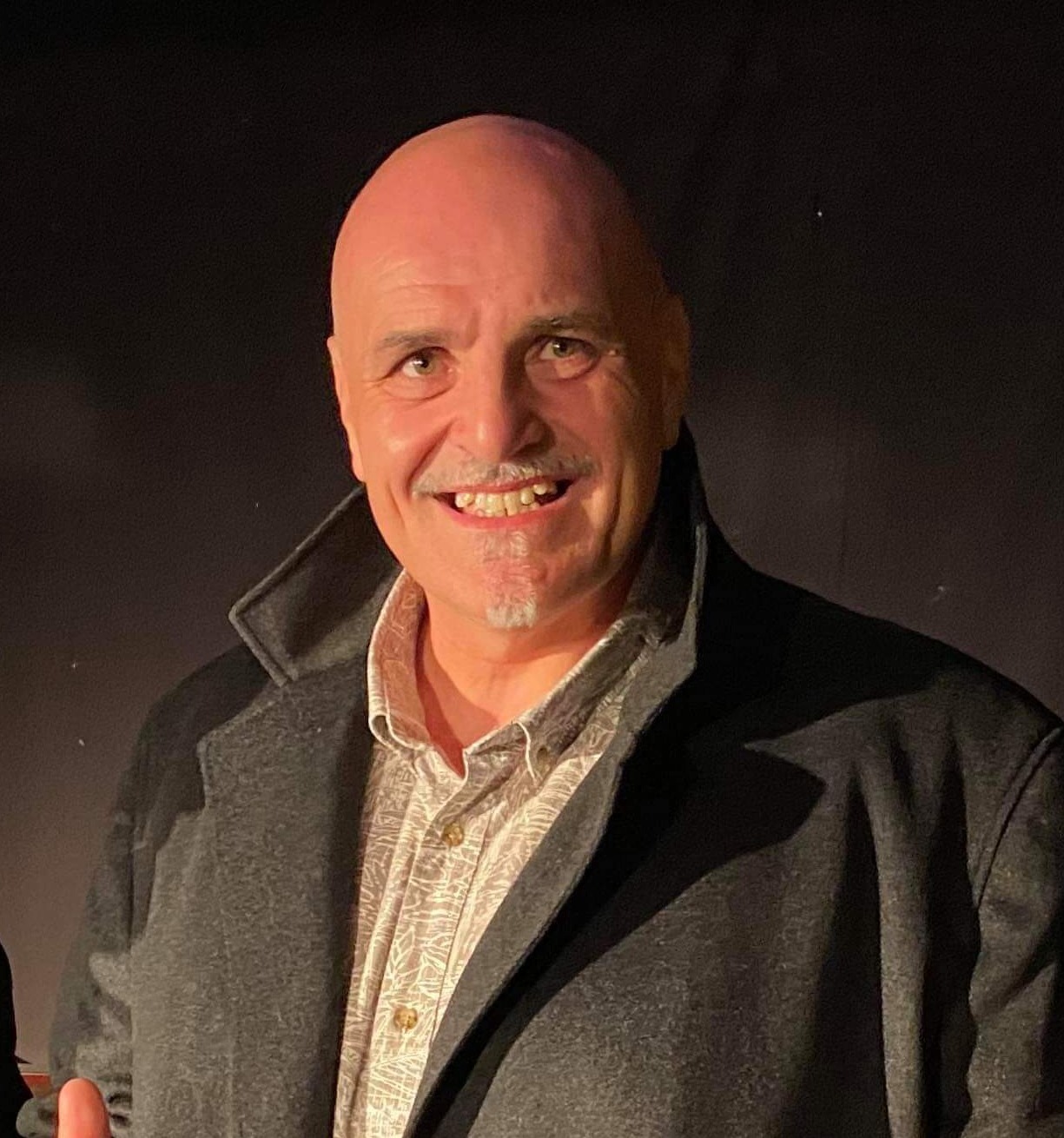Sporting hero of the month has to go to Tyson Fury, the Gypsy King. There’s no doubt as to why he’s got such a huge following or that he’s a modern day legend within the boxing world, and I guess beyond it. Tyson has followed in the path of his father (who I’ve met) and also his grandfather. Fighting is in their blood, one way or another.
John Fury—Tyson’s father—was a boxer who went professional in bare knuckle fighting, where in Galloway it was traditional to enter the ring. He fought on the street too and, unfortunately inflicted serious damage to someone’s eye for which he served four years in prison. Upon his release, John reformed and has been promoter and spokesman for his son. He’s campaigned on Tyson’s behalf for each fight which has uplifted media presence. He is a force to be reckoned with as an advocate for his son which I commend him for. It was, however, how he spoke on other matters that captured my attention and made this man memorable for me.
John Fury (center) with David Last (left) and Donna Siggers (right)
at a Q&A Event organised by Steve Wraith

Given October is mental health month, I’d like that to be my focus. Tyson is bipolar, a subject he’s discussed with Frank Bruno who also suffers from the same disorder. Boxing has, according to both men, kept a certain balance within their lives through structure and stability. Tyson claims he’s felt unwell all his life, that he didn’t want to live and that he considered his anxiety normal and that it was just part of life. It wasn’t until his bipolar diagnosis in 2017 that acceptance of his condition and the reasons behind his symptoms could be explained.
Embracing his mental health has gained Tyson a huge following, and his dad is right there to support him.
I met John at a speaking event, organised by our friend Steve Wraith, where he talked with frankness of another side to family life other than boxing—that of mental health. To hear a father with John's background speak of his son's troubles and relate to his experiences was humbling--that Tyson's health dipped so low before help was sought, heartbreaking.
Mental health knows no boundaries. In learning some very personal facts about Tyson, to know this fighting machine drunk himself to sleep in bars and overate on burgers because he couldn't help himself was eyeopening when he was entering the ring to fight a few days later. That he has now turned his life around, with the help of professionals and, ultimately his family, is a story worth sharing.
Openness is vital in the educational process and I believe that when the hard men of the boxing world and other such sports, industries etc start opening up to discuss their mental health it truly starts to make a huge difference.If you get the chance to hear John Fury speak, please take it!
